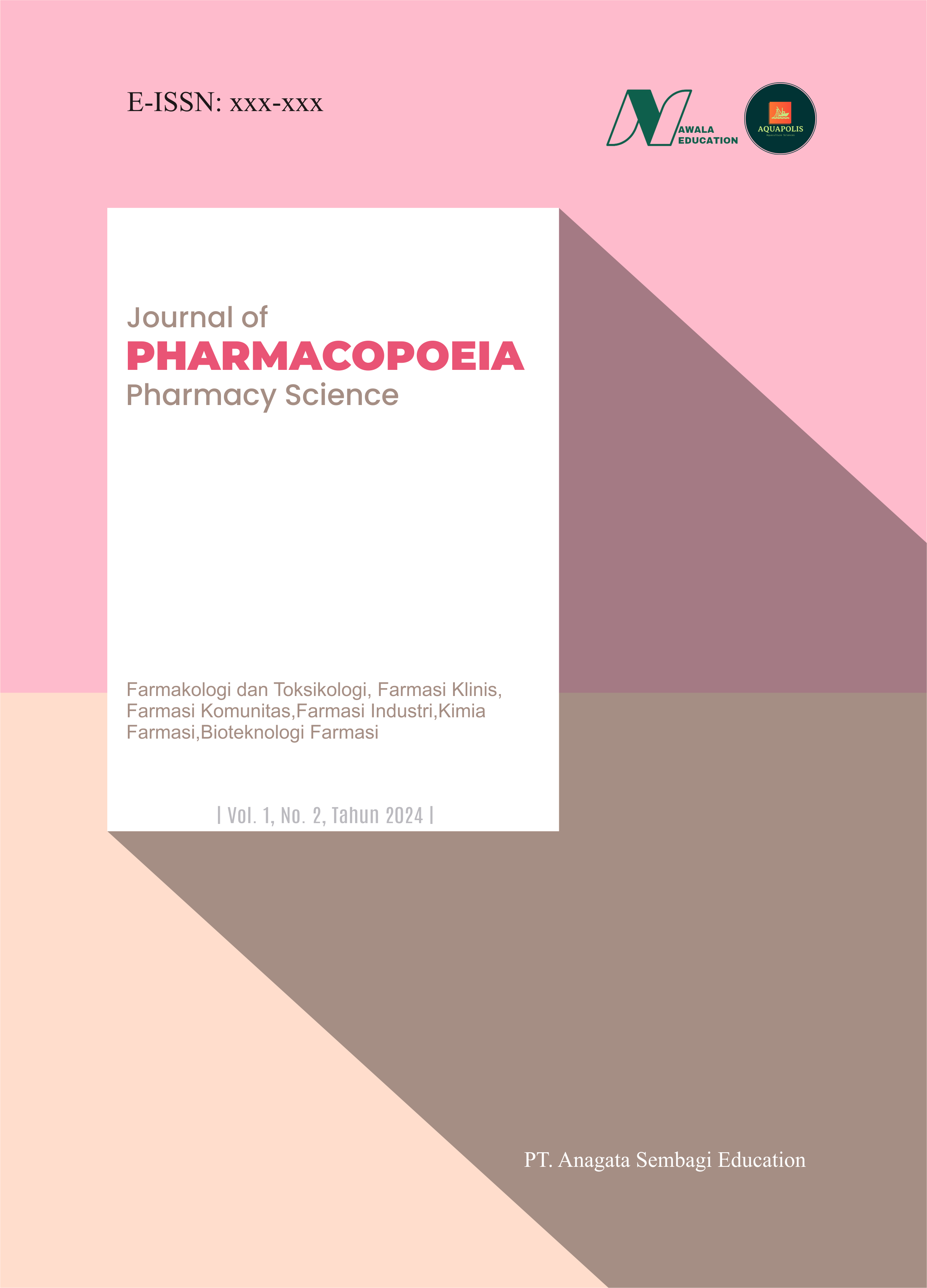Evidence-Based Pharmacy: Integration of Data and Research in the Development of more Effective and Safer Drugs
DOI:
https://doi.org/10.62872/29d66p06Keywords:
Evidence-based pharmacy, drug development, data integration, therapeutic effectivenessAbstract
The main objective of this study was to collect, evaluate, and synthesize findings from relevant studies on the use of evidence-based data in drug development. The method used was a Qualitative Systematic Literature Review (SLR), which focused on understanding in-depth how the integration of data from clinical trials, big data, and laboratory studies can improve drug efficacy and safety. Through this approach, the study identified experiences, perceptions, and findings in the literature on drug development, and how this evidence supports decisions in drug selection and testing. The results showed that evidence-based pharmacy has great potential to improve the efficacy and safety of therapies by leveraging the integration of data from various sources and advanced analytical technologies. This approach can address key challenges in modern pharmacy, such as drug resistance and patient response variability, and result in more personalized and effective therapies. However, the implementation of evidence-based pharmacy requires support from various stakeholders, including academia, industry, and policy makers. Challenges such as data interoperability and privacy protection need to be addressed to ensure wider adoption. With a strategic and collaborative approach, evidence-based pharmacy can be the foundation for better precision medicine in the future, providing significant benefits to patients worldwide.
Downloads
Downloads
Additional Files
Published
Issue
Section
License
Copyright (c) 2024 Dadang Muhammad Hasyim, Liza Rastiti (Author)

This work is licensed under a Creative Commons Attribution-ShareAlike 4.0 International License.












